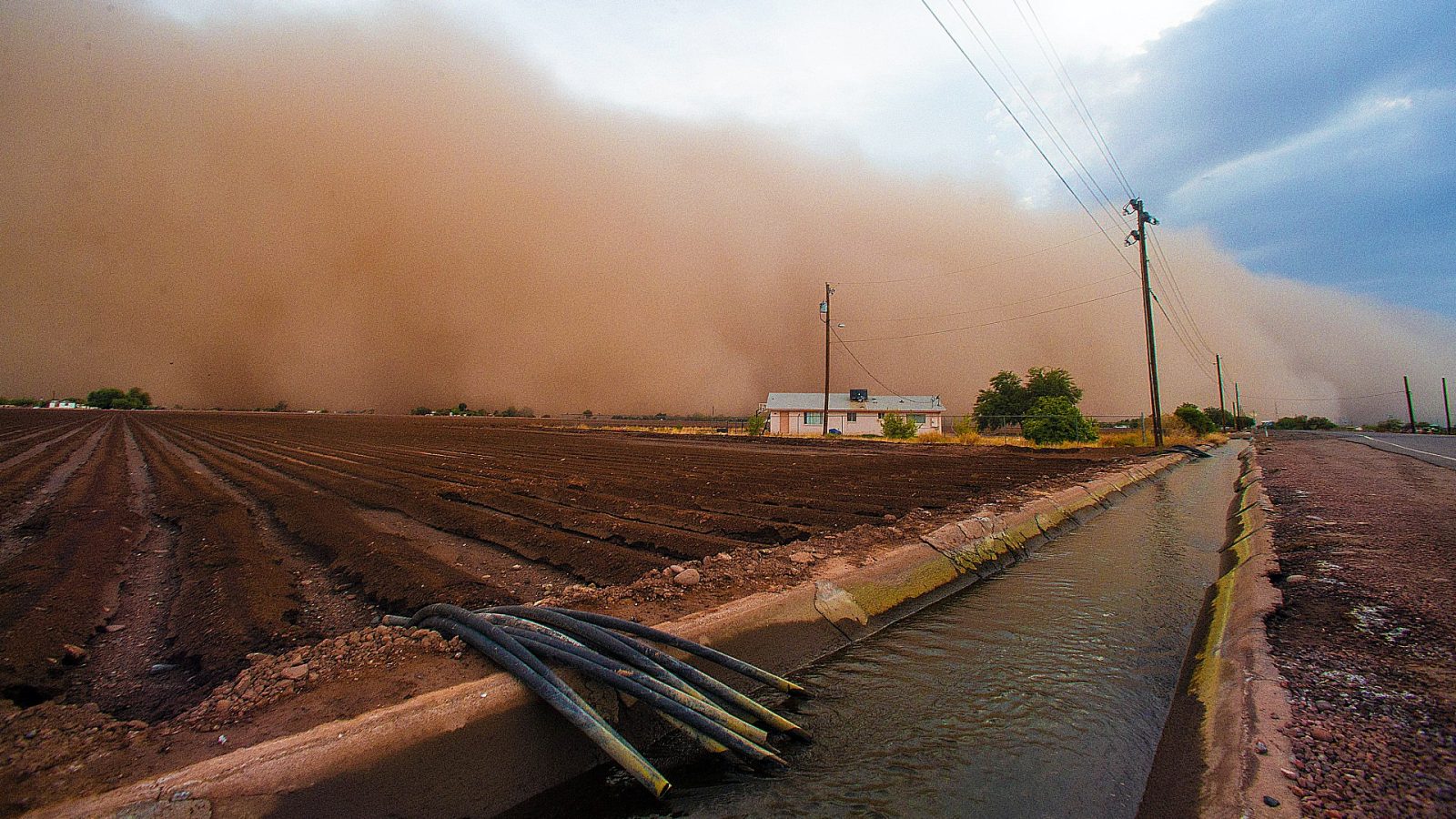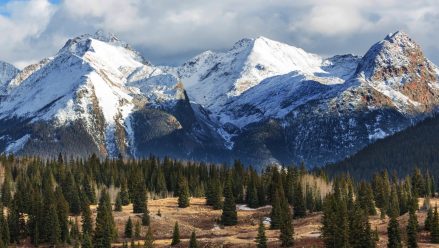It was an answer that Jesus Tarango appeared eager to give. Because he meant it.
In a forum at SBC Summit Americas 2025 in May focused on the legalization of sports betting in California, the Wilton Rancheria chairman was asked, along with his fellow panelists, the greatest misperception about the Native American gambling business that persists outside of reservations.
“That we’re all rich, we’re all rich casino Indians,” he said. “‘You guys have ten cars and you’re just living a great life.’ And that’s not the reality for us.”
Not for most tribes, including Tarango’s, which opened its first casino in Northern California in 2022.
Make no mistake, there is money being made in tribal casinos.
[People think] that we’re all rich, we’re all rich casino Indians.Jesus Tarango
Wilton Rancheria chairman
The passage of the Indian Gaming Regulatory Act in 1988 gave federally recognized tribes a new means to become self-sustaining and, according to the National Indian Gaming Commission (NIGC), tribal gaming revenue reached a record $41.9 billion in fiscal year 2023, although profit fell from 30% to 26%. A quarter of that national revenue was generated in California’s 60-plus casinos, some of which offer full Vegas-style gambling, some just slots.
That just a few tribes are generating much of that money is a key facet of the process of potentially legalizing sports betting in California.
Most Native tribes miss the gambling windfall
Seventy-two of 109 federally recognized tribes in California receive yearly $1.1 million stipends from the Revenue Sharing Trust Fund, which is designed to help those disadvantaged by location or opportunity maintain communities and governments. But the sum hasn’t increased since the RSTF’s inception in 1999. The Sports Betting Alliance (SBA) — representing the national sports betting industry — projects to increase the payout to $10 million for every California tribe after three years, if these companies are allowed to launch sports betting there in conjunction with tribes.
This would be community-changing for poorer tribes that don’t offer gambling or do so on a limited basis. And it underscores that despite the wealth tribal gambling has generated from some, not all are all “rich casino Indians.”
Blue Lake Rancheria is a tribe of less than 100 Wiyot, Yurok, and Hupa Indians in Humboldt County. It opened the Blue Lake Casino Hotel in 2002 with financing help from Louisiana’s Coushatta Tribe.
“My region in Northern California, if you do an Internet search for the poorest counties in California, they’re all right around me, except for some in the Central Valley,” Blue Lake Rancheria Tribal Chairperson Jason Ramos said during the SBC panel. “You’re looking at median income of $40,000, poverty rate at about 20 percent, and when you compare that with just 200 miles south in either Marin County or San Jose County, with Silicon Valley, median household income is $150,000.
“So we’re rural. A lot of us are rural. A lot of us struggle.”
Federal budget cuts and national politics have only made some of the situations worse, particularly regarding healthcare.
Tribes nationally depend on gambling revenue
This is by no means a strictly California phenomenon, Oklahoma Indian Gaming Association (OIGA) Chairman Matthew Morgan said during another SBC panel discussion.
“Most tribes did not get to settle on the best lands that they had. They would tend to be pushed to the far remote areas if they got to stay in their historic homeland,” he said, noting that his tribe, the Chickasaw Nation, was relocated from Mississippi, Kentucky, Alabama, and Tennessee beginning in 1837. “Trying to find economic development activities and opportunities is hard sometimes, especially when you’re dealing with something like gaming where you need populations to come in.”
With the RSTF in California not enough to cover needed projects, Blue Lake Rancheria was only able to open a health clinic and a job training center by cobbling together funding through state and federal grants.
“I’ve had my hand out there,” Ramos said. “I’ve got a $20 million job training center that’s partially grant-funded, partially tribes’ money from gaming, partially philanthropy.
“Small tribes, we’ve got to get our capital stacked together to be able to do these things. So I think if you’re talking about misconceptions, it’s not like everybody’s flying a private jet. We’re in there grinding, doing the hard work.”
Part of the work in assuring a stable future for tribal communities has been diversifying revenue streams. For some, that’s expanding entertainment options at casino resorts. For others, that could be government contracts for solar or water projects. One such effort at Foxwoods Casino in Connecticut directly led to an opportunity to improve the Mashantucket Pequot Tribal Nation’s access to science education. The tribe initially enlisted gambling entertainment platform Wondr Nation to expand its casino product, but the relationship grew into endowments at the tribal museum and research center.
“One of the really core values that I’ve learned working for a tribal nation is that it’s really looking to make sure that what we do is not just for today, but for seven generations,” Wondr Nation CEO Anika Howard told InGame. “How are you creating legacy? What are the things that you’re doing now to plant the seeds, to give people the opportunities and the structure and the runway to continue to grow and to preserve their way of life and to support their community programs and services and thrive as a nation?”
Part of the culture in Indian Country is to make decisions that will still reap benefits 150-200 years — or seven generations — into the future.
Communities, not shareholders feel benefits
In some ways tribal gaming resembles the lottery in that revenue benefits social or governmental programs instead of investors.
“It’s what we do with the proceeds from those revenues that, for my mind, stand out as such a success,” Morgan said. “We don’t have shareholders that we’re sending dividend payments to in some far-off country, far-off land.
“That money is staying within our communities and getting turned over. So you see the success every day when you go into those communities. You see a health-care clinic. You see educational opportunities. You see housing. You see a renewed focus on restoring their cultural identities across the country that we desperately hold on to.”
Tribal success doesn’t solely benefit those who live on tribal lands, Sheila Morago, executive director of OIGA, noted at the SBC panel.
“We should never forget about what the tribes are doing for their surrounding communities,” she said. “Those small towns where those tribes are are getting a new lifeline. That money is getting spent there.
“While we’re doing great things for our members, there is a whole surrounding community that is also benefiting. So it’s not just us.”
A 2024 study by the Center for Indian Country Development (CICD) estimated that foot traffic to businesses within a half mile of tribal casinos increased by about 200% when the casinos began re-opening after COVID-19 shutdowns. Leisure and hospitality business as far as 1.5 miles away experienced increased activity also, according to the study. The granularity of the study was possible because tribal casinos, governed by tribal and federal law, opened before other businesses that state mandates had shuttered.
Tribal contributions to non-tribal entities take many forms. Per a 2021 compact, the Seminole Tribe of Florida must pay the state a minimum of $500 million in revenue share each year for the first five years. That number had increased to $650 million last year because the tribe’s Hard Rock monopoly has been so successful. The Seminole Tribe enjoys a monopoly on sports betting and Class III, or Vegas-style, gambling. In states where tribes have negotiated commercial agreements, terms vary. In Arizona, a percentage of net win is distributed to numerous funds and local communities of their choosing.
Others impact their communities through philanthropy, such as the Kalispel Tribe of Indians, a tribe of 470 registered members whose ancestral lands are comprised of flood plains and steep hillside in the economically challenged northwest corner of Washington. Granted a special dispensation by the U.S. Department of the Interior, the tribe opened Northern Quest Casino near a population center in Spokane in 1999, and later another closer to home.
They have a mindset where they want to help where they can help. And they take what’s needed and give the rest where they can.
Kevin Zenishek
executive director of casino operations at Northern Quest Resort & Casino
In the ensuing years, that economic driver has funded numerous infrastructure and philanthropy projects including a wellness center and health clinic open to all residents of Pend Oreille County. The Kalispels have also purchased fire trucks and police cars for the community and remodeled additions to a children’s hospital.
“I think they didn’t have a lot for a long, long time. And they know what it feels like to go through that,” said Kevin Zenishek, executive director of casino operations at the Kalispel Tribe’s Northern Quest Resort & Casino. “And I think that is centered around a lot of the decisions that they make.
“They just want to take care of people. And it’s not necessarily just their family. They’ve always taken care of their family and their loved ones. They’ve been there for one another. But I think that’s just their culture now. They have a mindset where they want to help where they can help. And they take what’s needed and give the rest where they can.”
Tribal gaming’s legacy: lasting this long?
Jacob Coin, a strategic advisor to the San Manuel Band of Mission Indians in California, said during the SBC panel that one of the greatest successes of tribal gaming is that it and IGRA as its bedrock have “lasted this long,” pointing to a history of incursions on native lands by Spanish explorers, missionaries, and the United States government. Tribal leaders were unconcerned with state or national politics before IGRA, he said. Now, they’re keenly aware. And active, he said, in advocating for their interests. The prospect of being able to regulate sports betting and eventually operate online casino in California marks a key moment for the future of those 109 tribes, he said.
Coin recalls a decades-old conversation with a Hopi tribal leader: “He said, ‘Washington [D.C.] has grown tired of us. We’ve become a burden on Washington. But you can never let Washington go because they have taken more land from us than they can ever repay us for.”
Maintaining that relationship remains crucial, he said.
“Land, water, timber, gold, gas, and oil, whatever the resource was,” Coin said, “somebody was coming up with ways to take it away. So the fact that [tribal gaming] has lasted this long is a great success. And we’ve got to do more.
“We’ve got to fight. We’ve got to unify. We’ve got to become of one mind when we go to protect this industry and our right to gain.”
Because it’s about more than casinos and betting slips.
“There’s a tribal leader in Oklahoma that loves to say, ‘The next time the United States upholds its treaty obligations to a tribal government will be the first time.’ It just doesn’t occur,” Morgan said. “We want to see this economic activity continue, and we are fighting hard to ensure that it is there for us, for our children, for our grandchildren, for their children.”





